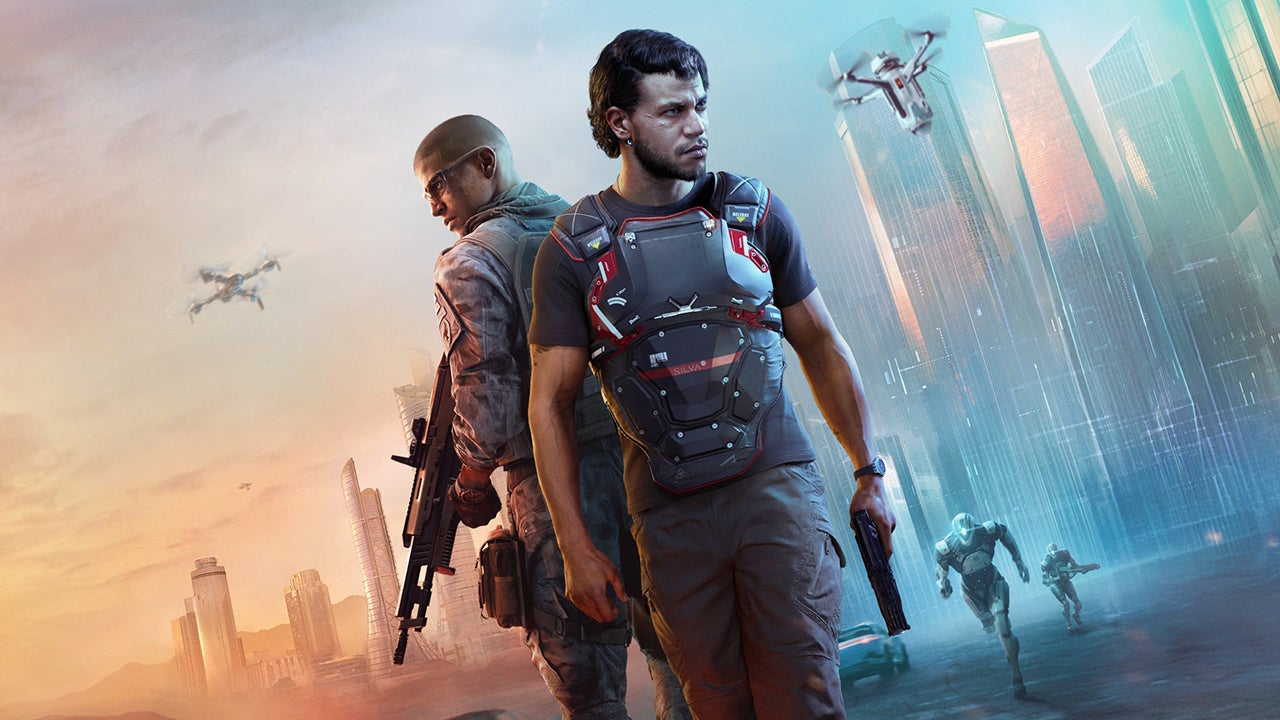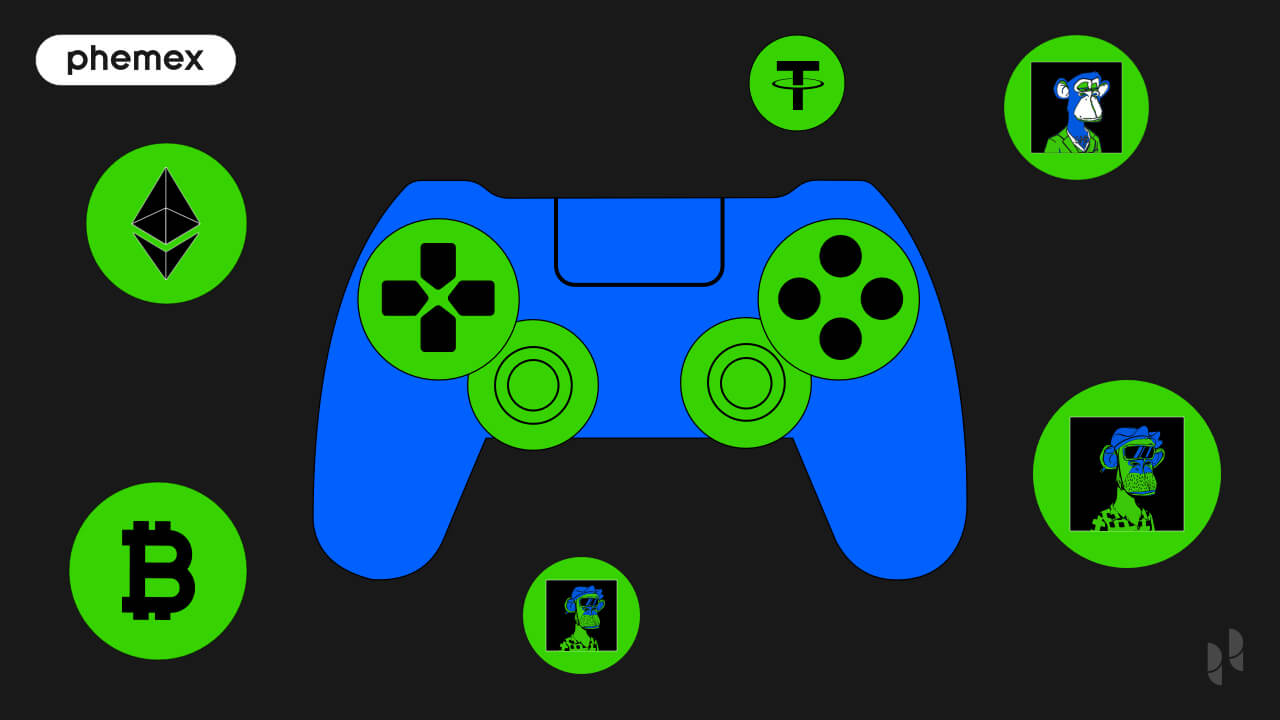3 Key Takeaways
- Leslie Benzies claims internal and external “saboteurs” undermined MindsEye’s launch.
- Ex-employees describe a chaotic development cycle marked by indecision and micromanagement.
- MindsEye sold only 35,000 copies on Steam and 150,000 on PlayStation, a major miss for a AAA title.
A Rough Launch for Build a Rocket Boy’s Ambitious Debut
When MindsEye launched in June 2025, expectations were high. As the debut project from Build a Rocket Boy, the studio founded by former Grand Theft Auto producer Leslie Benzies, it was billed as a bold, narrative-driven open-world experience that would redefine interactive storytelling.
But just months after release, MindsEye has become one of the year’s biggest disappointments — critically and commercially. The game’s “Mostly Negative” Steam rating and low sales numbers have left both fans and industry watchers questioning what went wrong.
Now, newly surfaced reports reveal deep internal conflict within Build a Rocket Boy, painting a picture of a project derailed by creative instability, mismanagement, and clashing narratives from leadership and staff.
Benzies Points to “Saboteurs” and External Interference
According to a BBC report, Benzies told staff during a July all-hands meeting that “saboteurs within the company” were to blame for MindsEye’s rocky release and negative reception. He described the backlash as “uncalled for” and claimed that both internal and external forces had deliberately undermined the project.
These comments echo claims made by Build a Rocket Boy co-CEO Mark Herhard, who reportedly alleged on Discord that negative online reactions had been “financed by someone” seeking to discredit the studio.
Both executives framed the controversy as part of a broader campaign to damage the company’s reputation — though neither provided specific evidence to support the accusations.
Developers Tell a Different Story
In stark contrast, former Build a Rocket Boy employees painted a different picture to BBC, describing a chaotic work environment plagued by indecision and overreach from leadership.
One anonymous developer claimed that Benzies “never decided on what game he wanted to make,” resulting in an inconsistent vision and constant shifts in priorities. According to staff, new ideas and features were frequently added without proper planning or resources, forcing teams to abandon previous work to meet sudden new directives.
“Whatever Leslie asked for needed to take top priority no matter what we were working on,” one developer said. “It caused total instability and made it impossible for teams to take ownership of anything.”
This management style reportedly created an unsustainable pace, with burnout and frustration mounting as the project neared completion.
Poor Reception and Disappointing Sales
MindsEye has struggled to find an audience since launch. The game’s 35,000 copies sold on Steam and 150,000 on PlayStation fall far below expectations for a project marketed as a major AAA release.
Reviews have been equally harsh. While some players found it “so bad it’s good,” most criticized its disjointed story, technical bugs, and inconsistent gameplay. One user review summed it up bluntly:
“This is the worst best game I’ve ever played. So bad that it’s good — but I can’t recommend it.”
The game’s current “Mostly Negative” Steam rating underscores the gap between the developers’ ambition and the final product’s execution.
Also read : Escape from Duckov Soars Past 200,000 Concurrent Players and 500,000 Sales on Steam
What’s Next for Build a Rocket Boy?
The fallout from MindsEye’s failure leaves Build a Rocket Boy in a precarious position. Once seen as a potential challenger to Rockstar’s dominance, the studio now faces internal distrust, public skepticism, and questions about Benzies’ leadership.
With staff morale shaken and the studio’s credibility on the line, rebuilding trust — both internally and with players — will be key to any future success.
For now, MindsEye serves as a cautionary tale of how even the most ambitious projects can falter when creative vision, leadership, and execution fall out of sync.
Disclaimer: The information in this article is for general purposes only and does not constitute financial advice. The author’s views are personal and may not reflect the views of GameDegen.com. Before making any investment decisions, you should always conduct your own research. GameDegen.com is not responsible for any financial losses.




